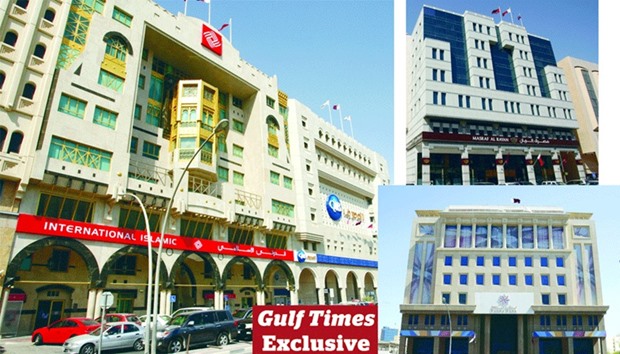Islamic banks in the Gulf Cooperation Council (GCC) rank among the top 20 of most efficient Shariah-compliant financial institutions worldwide, a new study presented at the Global Islamic Economy Summit held in Dubai on October 11 and 12 revealed.
The report, entitled “Islamic Banking: Growth, Efficiency and Stability 2016” was authored by the Dubai Center for Islamic Banking and Finance (DCIBF). For the second time after an initial study released in 2014, it has been putting the efficiency performance of 131 Islamic banks worldwide in the spotlight and – as a result of a methodological assessment that combined other key factors of Islamic banking – came to the conclusion that the top 20 most efficient Islamic banks come from the UAE, Qatar, Bahrain, Kuwait and Saudi Arabia.
From outside the GCC region, it is only Malaysia that made it to the top 20 list.
Kuwait Finance House made it to the top by receiving the highest efficiency score among all banks mentioned in the report, followed by Alinma Bank from Saudi Arabia, which obtained the top score in terms of the most cost-efficient Islamic bank in the world. From Qatar, Masraf Al Rayan, Qatar International Islamic Bank, Qatar Islamic Bank and Barwa Bank are well represented.
The DCIGF says that the report is a response to “the technical and socio-economic development issues of common concern to the Islamic banking and finance industry.” It identifies pressing issues facing the industry by quantifying investment trends in this sector, and explores how these trends are affected by changes in market demand and industry structure. The report also examines changes in the organisation and structure of Islamic banking and finance industry.
“This analysis of Islamic banks is the first of its kind, in that it is specifically designed for Islamic banks and that it has direct relevance to the global Islamic financial services industry,” says Dr Mansoor al-Awar, chancellor of Dubai’s Hamdan Bin Mohammed Smart University, co-initiator of the report jointly with the Dubai Islamic Economy Development Center.
“We are confident that the results will positively impact the entire global Islamic economy in such a way that more essential reforms will be implemented to further improve their competitiveness in the global stage,” al-Awar added.
He also pointed at the fast growth in the Islamic banking industry. Currently, more than 400 Islamic banks and financial institutions are operating in over 60 countries globally, and their foray into non-Muslim countries and regions, including in Europe, the Americas, South Asia, Far East, Africa, and Australia, was remarkable. The report sets the overall assets of Islamic banks at around $2tn as per the start of 2015, up from $1.13tn in the DCIBF’s 2014 report based on figures from 2013 out of a number of 150 Islamic banks reporting their assets.
The rapid growth can be explained by a number of driving factors that include size, brand, expansion into new markets and the delivery of new products, microfinance, poverty alleviation initiatives, strategic alliances, and the development of Islamic finance as an integral part of the global halal economy, the report states.
However, al-Awar at the presentation also noted that the Islamic banking industry is facing certain challenges that need to be tackled. First of all – while it is expected that Islamic banking will continue to grow globally – challenges arise especially in countries that heavily rely on commodity prices for oil and gas. In this regard, diversification of the industry would be essential for further growth of the entire economy, including the financial sector. Another challenge remains the current concentration of Islamic banking assets in just a few markets, mainly the GCC and the wider Mena (Middle East and North Africa) region, as well as a few countries in Southeast Asia, which may pose a threat to the stability of Islamic banking as such, although geographical expansion of the industry is expected to continue.

From Qatar, Masraf Al Rayan, Qatar International Islamic Bank, Qatar Islamic Bank and Barwa Bank are well represented in the study of the efficiency performance of 131 Islamic banks worldwide.
